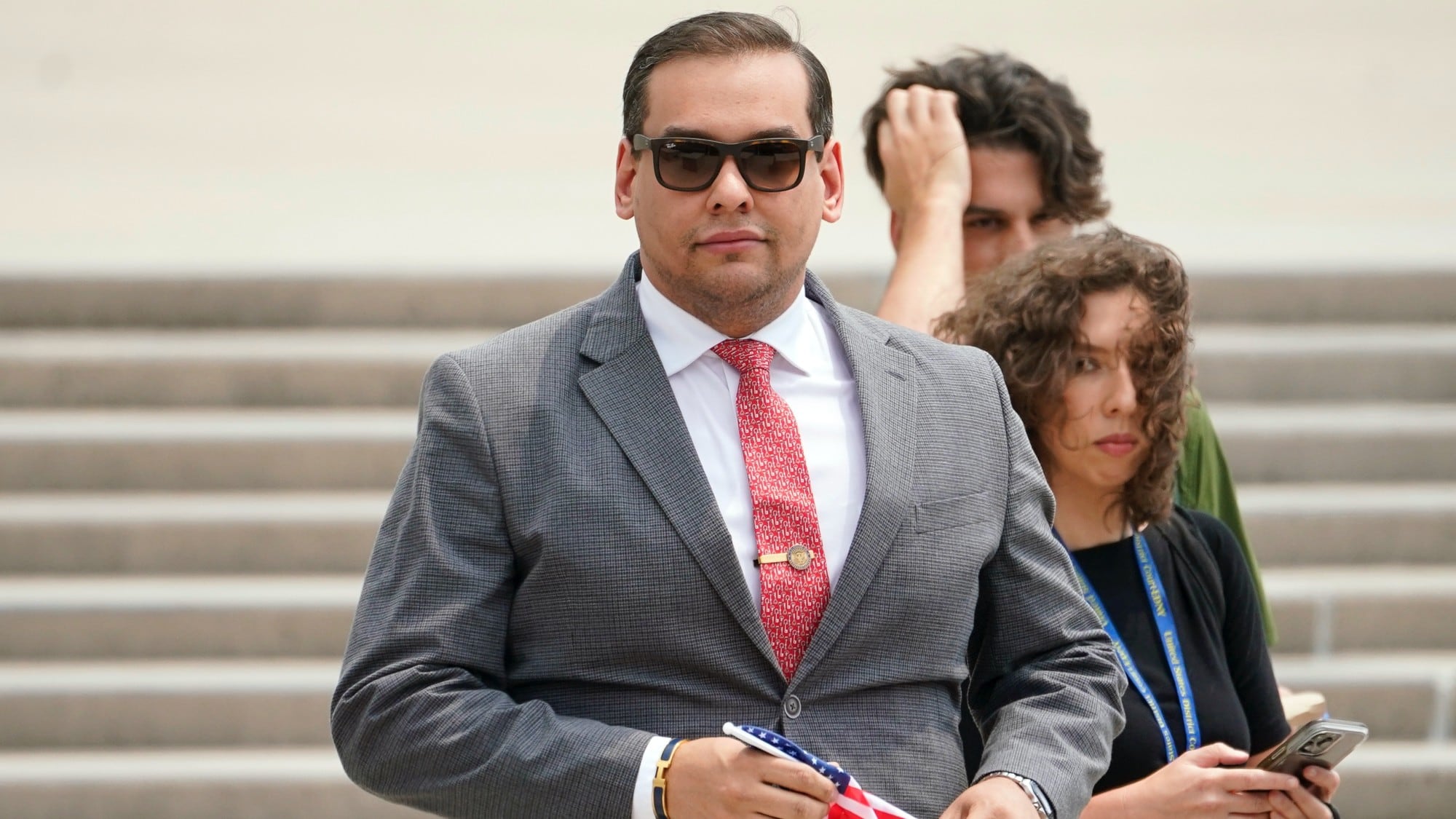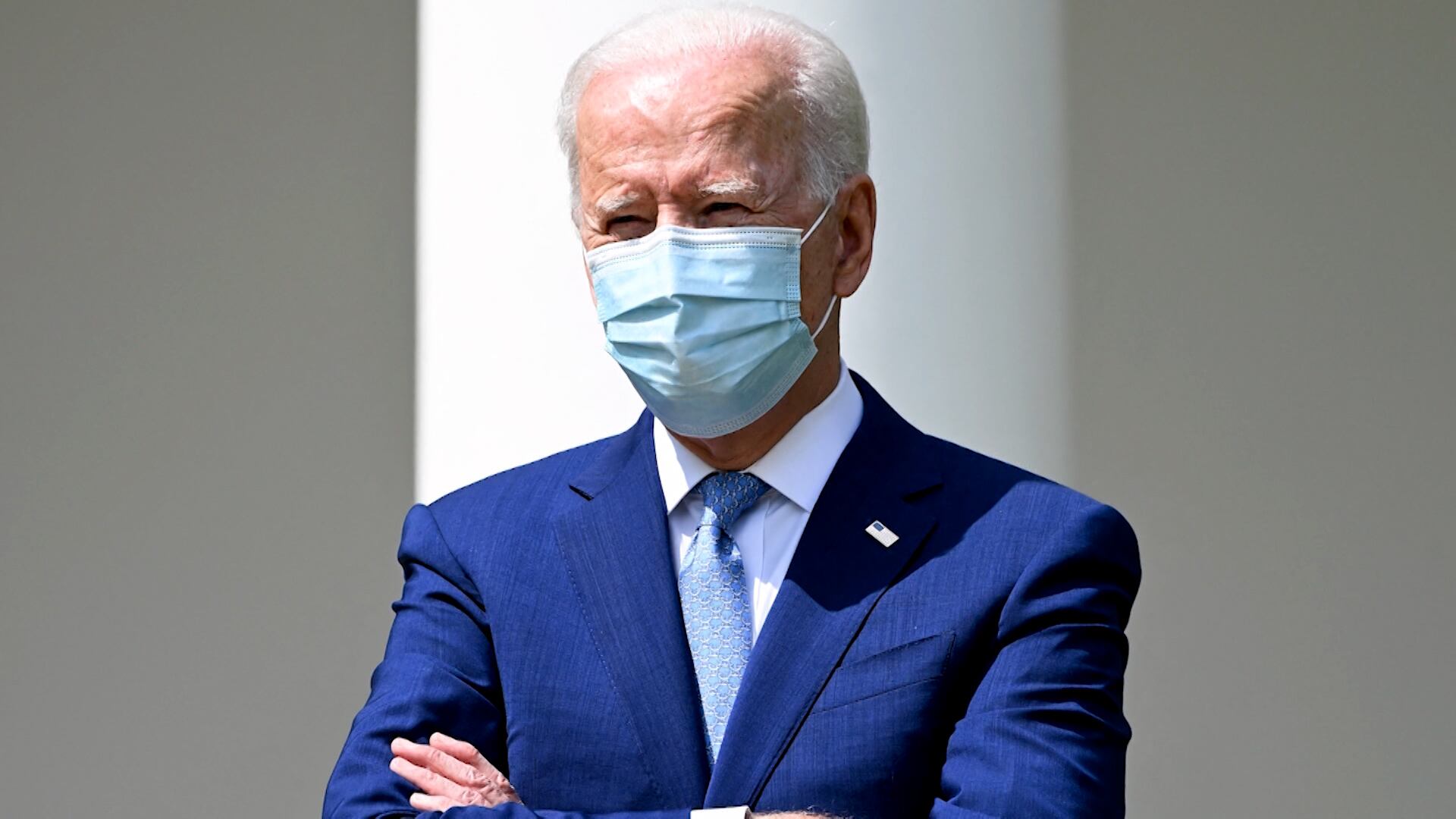By Jake Offenhartz
U.S. Rep. George Santos stole the identities of donors to his campaign and then used their credit cards to ring up tens of thousands of dollars in unauthorized charges, according to a new indictment filed in New York on Tuesday.
He then wired some of the money to his own personal bank account, prosecutors said, while using the rest to inflate his campaign coffers.
The 23-count indictment replaces one filed in May against the New York Republican charging him with embezzling money from his campaign and lying to Congress about his wealth, among other offenses.
In the updated indictment, prosecutors accuse Santos of charging more than $44,000 to his campaign over a period of months using cards belonging to contributors without their knowledge. In one case, he charged $12,000 to a contributor’s credit card and transferred the “vast majority” of that money into his personal bank account, prosecutors said.
Santos is also accused of falsely reporting to the Federal Elections Commission that he had loaned his campaign $500,000 when he actually hadn't given anything and had less than $8,000 in the bank. The fake loan was an attempt to convince Republican Party officials that he was a serious candidate, worth their financial support, the indictment said.
“As alleged, Santos is charged with stealing people’s identities and making charges on his own donors’ credit cards without their authorization, lying to the FEC and, by extension, the public about the financial state of his campaign,” U.S. Attorney Breon Peace said in a statement.
Santos came out of a two-hour Republican conference at the U.S Capitol and told reporters he had no comment on the superseding indictment. “I was in conference like everyone else, without my phone, so I have nothing to say,” he said. He has previously maintained his innocence, claiming he is the victim of a “witch hunt.”
The new charges deepen the legal peril for Santos, who likely faces a lengthy prison term if convicted. So far, he has resisted all calls to resign, insisting he intends to run for reelection next year.
Santos’ personal and professional biography as a wealthy businessman began to unravel soon after winning election to represent parts of Long Island and Queens last year, revealing a tangled web of deception.
In addition to lying to voters — about his distinguished Wall Street background, Jewish heritage, academic and athletic achievements, animal rescue work, real estate holdings and more — Santos is accused of carrying out numerous schemes meant to enrich himself and mislead his donors.
He was initially arrested in May on a 13-count federal indictment, which charged him with using funds earmarked for campaign expenses on designer clothes and other personal expenses and improperly obtaining unemployment benefits meant for Americans who lost work because of the pandemic.
Free on bail while awaiting trial, Santos has described his litany of lies as victimless embellishments, while blaming some of his financial irregularities on his former campaign treasurer, Nancy Marks, who he claims “went rogue.”
Last week, Marks, a longtime Long Island political bookkeeper, pleaded guilty to a fraud conspiracy charge, telling a judge she helped her former boss hoodwink prospective donors and Republican party officials by submitting bogus campaign finance reports.
Tuesday's indictment said Marks and Santos were involved in the same scheme to fake a $500,000 campaign loan in order to meet a benchmark that would unlock additional support from a Republican Party committee. Santos has now also been charged with recording fake donations from at least 10 people, all his or Marks' relatives, as part of the same effort to make the campaign look like it hit those fundraising goals.
Santos was not initially charged in the criminal complaint against Marks, but was identified in court papers as a “co-conspirator."
The new indictment alleges a multi-part fraud by Santos, who allegedly duped both his donors and his family members.
In one instance, Santos allegedly swiped the credit card information of one of his contributors, who had already donated $5,800 to the campaign, to give himself an additional $15,800 in payments, the indictment said. Because the unauthorized charges exceeded contribution limits under federal law, Santos listed the additional payments as coming from his own unwitting relatives, prosecutors allege.
The credit card fraud scheme began in December 2021, prosecutors said, shortly after Santos failed to qualify for a Republican Party program that would have provided financial and logistical support to his second congressional campaign.
In text messages to Marks at the time, he described himself as “lost and desperate,” prosecutors said.
Financial questions have continued to swirl around Santos, who claimed to be rich but spent much of his adulthood bouncing between low-paying jobs and unemployment, while fending off eviction cases and two separatecriminal charges relating to his use of bad checks.
A separate fundraiser for Santos, Sam Miele, was also previously indicted on federal charges that he impersonated a high-ranking congressional aide while soliciting contributions for the Republican’s campaign.
Prosecutors said Miele, 27, impersonated the former chief of staff to GOP Rep. Kevin McCarthy, who at the time was the House minority leader, by setting up dummy email addresses that resembled the staffer’s name.
Miele's attorney, Kevin Marino, previously predicted his client would be exonerated at trial.
Associated Press writer Farnoush Amiri in Washington contributed to this report.













